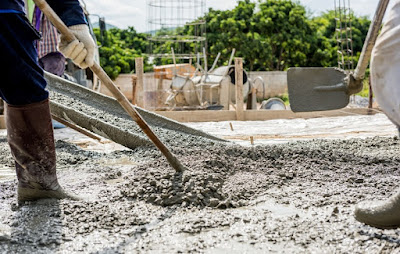The outdoor place is the first thing that catches everyone attention first so, it's crucial to spend enough time planning for the outdoor pavement
Keep on reading the blog if you are planning for the Paving Adelaide project in the upcoming days!
Can paving stones be used?
paving stones are perfect for all outdoor projects. Many homeowners are trying to add charm to their homes by paving stones on driveways, patios, sidewalks, and pool areas. You can also use a variety of options from a range of granite as a main element for the house. This style is perfect for adding luxury to any property.
Do I Need to invest in quality?
When properly installed, the high-quality pavement will last for decades. It is advisable to place them on a concrete base and in a damp mortar. This not only keeps them in place for extended periods of time but also improves resistance to damage. Their strength allows them to carry heavy loads, making them ideal for driveways and high-traffic areas. Their timeless look ensures that they always have the perfect style for their long life.
Are they suitable for rough and tough use?
Due to their strength, you can be confident that your natural stone pavement will withstand almost anything. In fact, the pavement dates back to the Roman Empire, where stones were used on roads and sidewalks. The same cobblestone streets are still in use today, that is the best example that proves their longevity.
Does it look good?
With a wide range of sizes, materials, and color options, you can find the perfect pavement block for your home. With a large selection of natural stones such as granite, quartz, slate, sandstone, bluestone, limestone, and even travertine, you will surely find what you like.
There are no restrictions on the options when laying. If you want to stand out from the crowd and make something unique for your paving project. You can choose the traditional pattern of a historic house or something more unique. No matter what you choose, it's easy to turn your garden into a beautiful one. Investing in high-quality paving stones will ensure that your home will look beautiful for years to come. Whether you need a new driveway or stepping stone path, pavement is a perfect choice.
Hope you found the above information useful to plan your paving project in a wise way. Discuss with the experts to know more about Aggregate Concrete Adelaide and other paving ideas to make the best of the personalized customized project.
Feel free to share any ideas or recommendations related to the paving project in the comment section.

Comments
Post a Comment